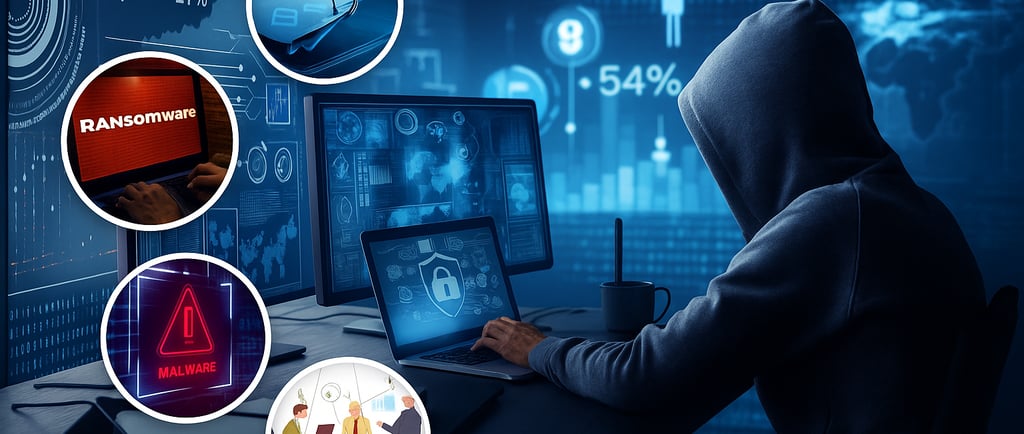VPNs and Torrenting – What You Need to Know
VPN


Torrenting remains a popular way to share files online, from open-source software to large media files. But it also comes with privacy, security, and legal concerns. That’s why many people turn to VPNs when torrenting. A VPN (Virtual Private Network) adds an extra layer of protection, but not all VPNs are equal when it comes to peer-to-peer (P2P) file sharing. Here’s everything you need to know.
Why Torrenting Can Be Risky
Exposed IP Addresses
When you join a torrent swarm, your IP address is visible to everyone sharing the file. Hackers, trackers, or even copyright watchdogs can see it.
ISP Monitoring
Many ISPs monitor torrent traffic and may throttle speeds or send warnings if you download copyrighted content.
Legal Issues
Torrenting itself is legal, but downloading copyrighted material without permission can get you into legal trouble.
Malware Risks
Not all torrent files are safe. Some may contain viruses or spyware disguised as legitimate downloads.
How a VPN Protects You While Torrenting
1. Hides Your IP Address
A VPN masks your real IP with the server’s address, keeping your identity hidden from peers in the swarm.
2. Encrypts Your Traffic
Your ISP can’t see what you’re downloading, which helps you avoid throttling or warnings.
3. Prevents Tracking
Advertisers, government agencies, or monitoring groups have a much harder time following your activity.
4. Protects Against Hackers
If a malicious actor tries to target you in a torrent swarm, they’ll only see the VPN server’s IP, not your real one.
Features to Look for in a VPN for Torrenting
P2P Support – Not all VPNs allow torrenting. Make sure your provider explicitly supports P2P.
No-Logs Policy – Critical for privacy. Avoid VPNs that store user activity.
Kill Switch – Prevents data leaks if your VPN connection drops while downloading.
DNS Leak Protection – Stops your ISP from seeing DNS requests.
High Speeds – Torrenting involves large files, so fast servers are essential.
Unlimited Bandwidth – Avoid VPNs with data caps.
Countries Where VPNs Are Crucial for Torrenting
In some countries, ISPs aggressively monitor and restrict torrent traffic:
U.S. – Frequent copyright crackdowns.
UK & Germany – Legal warnings and fines are common.
Australia & Canada – ISPs monitor torrenting closely.
In these regions, a no-logs VPN is a must for privacy.
Free VPNs and Torrenting: A Bad Idea
While free VPNs may sound tempting, they are not safe for torrenting:
Many ban torrent traffic outright.
They often log and sell user data.
Bandwidth and speed limits make large downloads impractical.
Security features are weak, leaving you exposed.
If you plan to torrent regularly, a premium VPN is the safer and more reliable choice.
Legal and Ethical Considerations
It’s important to remember:
Torrenting is legal as a technology.
Sharing copyrighted content without permission is illegal in most countries.
Stick to downloading legal torrents, such as open-source software, indie media, or public-domain works.
A VPN protects your privacy, but it doesn’t make illegal activity legal.
Final Thoughts
Torrenting without protection can expose your identity, slow your internet, and even land you in legal trouble. A VPN is one of the best tools to stay safe by hiding your IP, encrypting your data, and preventing ISP tracking.
The key is choosing a VPN built for P2P traffic—with no-logs policies, high speeds, and essential safety features. Free VPNs won’t cut it, but a premium provider can make torrenting faster, safer, and more private.
Use torrenting responsibly, pair it with a reliable VPN, and you’ll enjoy a much more secure experience.